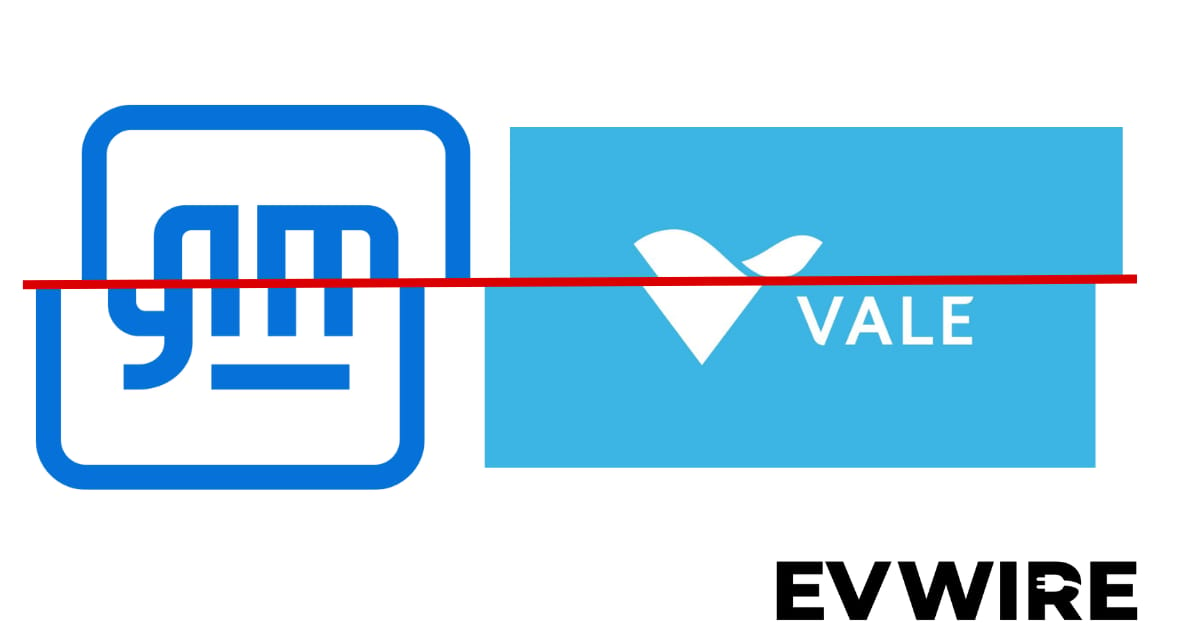EVWire brief: General Motors and mining partner Vale have paused the second phase of their cathode factory project in Quebec and cancelled an associated nickel sulfate venture, citing weaker-than-expected EV demand and shifting policy incentives.
Originally, GM committed to securing nickel supply from Vale to build a strong battery material ecosystem in Canada. But with U.S. tax credits for EVs cut and market headwinds intensifying, the automaker is reassessing investments.
This pause represents a cautionary move in a supply chain still trying to scale and raises questions on Canada’s role in the global EV battery race. GM and Vale had initially planned to expand a cathode production facility in Quebec, integral to processing nickel into battery-grade materials. The Nickel sulfate project, tied to that supply chain strategy, has already been cancelled.
These adjustments are part of GM’s broader pullback from aggressive EV investment posture in North America.
GM is not the first to pull out of battery plant plans, as we reported last May, Honda announced that they will be pausing their plans for production by at least 2 years.
GM’s decision is driven in large part by sliding EV demand expectations, further put into question by policy shifts like the rollback of major U.S. EV tax credits. Without subsidized demand, automakers face sharper scrutiny over battery and materials investments.
The firm appears to be reassessing which battery and supply chain bets to pursue, prioritizing flexibility over expansion at scale in uncertain markets. Investors and policymakers supporting critical minerals and downstream battery processing may see this as a red flag about competitiveness in a more volatile EV environment.
Future incentive or protection policies might be needed to retain or attract battery projects facing headwinds elsewhere.
Sources: Bloomberg


